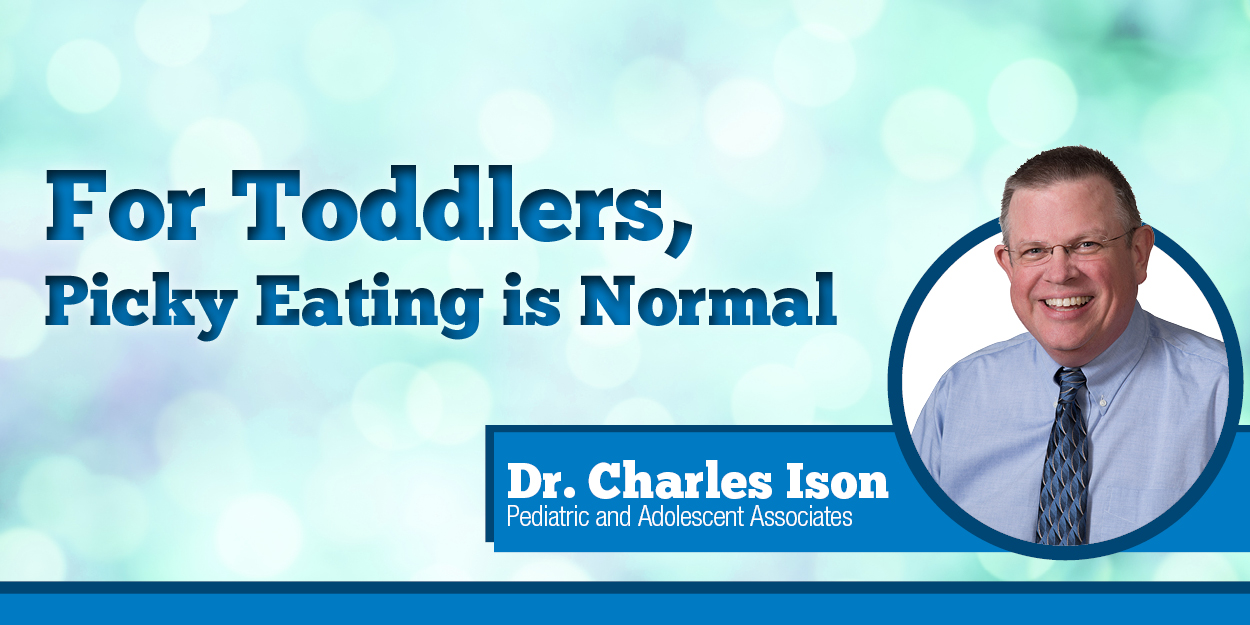For Toddlers, Picky Eating Is Normal
Picky eating is very common in childhood. For toddlers, it is basically a normal phenomenon. Older children and even adults can be picky.
There are reasons for this and some things that might help make it better.
We all have foods we like and do not like. Some children narrow their preferences a lot more than others, however.
Toddlers slow down their food intake as their growth velocity slows after the rapid growth of infancy.
They start developing more autonomy in feeding themselves, and they start developing food preferences.
It is normal for them to balance their diets over a two-week period instead of daily. They will go on “food jags” where they may eat huge amounts of one food for days.
Some days they will hardly eat anything.
Infants taste the foods their mothers eat through the amniotic fluid they are floating in before they are born. They also taste food through breast milk after birth.
It is possible that children are more likely to try new foods that they have already tasted in this way.
Since their digestive systems are smaller, children tend to be attracted to foods that have more energy per ounce in them. These tend to be sweet.
On the other hand, children have a natural aversion to bitter foods. This is because toxic plants are often bitter.
It is possible that some pickiness may have a genetic component. There are, for instance, genetic predispositions that make children even more sensitive to bitter foods than others.
A small percentage of kids may be very picky because they have underlying anxiety or depression.
Certain things can be done to help picky eaters try new foods. They can be involved in picking out different foods and even (if old enough) help to prepare them.
New foods can be presented in interesting ways, such as being sliced to make fun shapes.
Children should be allowed to touch and sniff new foods. They can be combined with a food the child likes, such as a favorite dipping sauce.
Bitter foods can be paired with sweet ones. It may take many tries before a child will eat a new food, but persistence pays off.
Children who have severe pickiness or are not growing normally should be evaluated by a health care professional.
Although picky eating is common, there could occasionally be an uncommon cause for it.
Dr. Charles Ison is a University of Kentucky graduate who has practiced in his hometown of Lexington since 1993. He is a partner in Pediatric and Adolescent Associates.

